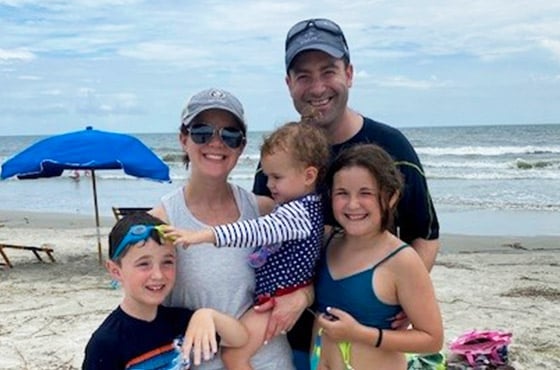The best time to see a fertility specialist is when you are concerned you have an infertility problem. Traditionally, infertility is defined as not being able to conceive over the course of a year in a woman who has regular menstrual cycles. So if you have been trying to conceive for several months and been unsuccessful, it is advised to consult a fertility specialist. The thought of being infertile is very stressful for most couples and sometimes basic testing or simply speaking to a fertility specialist can be very reassuring.
A basic infertility evaluation is usually advised after attempting conception for 1 year in women less than 35 years old and after 6 months in women older than 35 years of age. This is due to the natural decline in female fertility that occurs with aging. Also, success in treatment is best achieved when a woman is younger. However, if a woman is not having regular cycles, one does not need to wait a year, or even 6 months, she should go in sooner to get evaluated since she may be having ovulatory issues.
Visiting a Fertility Specialist

Either a general ob/gyn or a fertility specialist, also known as a reproductive endocrinologist, can initiate a fertility evaluation. A reproductive endocrinologist is a doctor trained in ob/gyn with an additional 3 years training devoted solely to the diagnosis and treatment of all types of infertility related issues. A fertility specialist is able to quickly assess the potential fertility problem and then streamline the fertility evaluation to be completed within the first 10 days of the start of a woman’s menstrual cycle. Timing of the fertility tests is very important and reproductive endocrinologist offices are geared toward making appointments quickly in order to accommodate the special needs of a fertility patient.
In most cases, once the evaluation is completed, the fertility specialist can explain all the fertility issues in detail to a couple whether it is endometriosis, polycystic ovary syndrome, ovarian reserve issues, or even male factor. After the diagnosis is made, the fertility specialist can recommend treatments that can address the diagnosed fertility issue. Treatments may include use of medicines, such as clomiphene citrate or gonadotropins, and procedures, such as intrauterine insemination (IUI), or advanced reproductive technologies such as IVF.
The driving goal for everyone is that our patient conceives a healthy child in a reasonable period of time. Feeling concerned about your fertility is normal, and will likely only become more stressful as the months go by. If you are not getting pregnant, an appointment with a fertility specialist is a good place to start.
Wishing you the best.
To schedule a New Patient Appointment with Shady Grove Fertility please call 1-877-971-7755 or click here.






